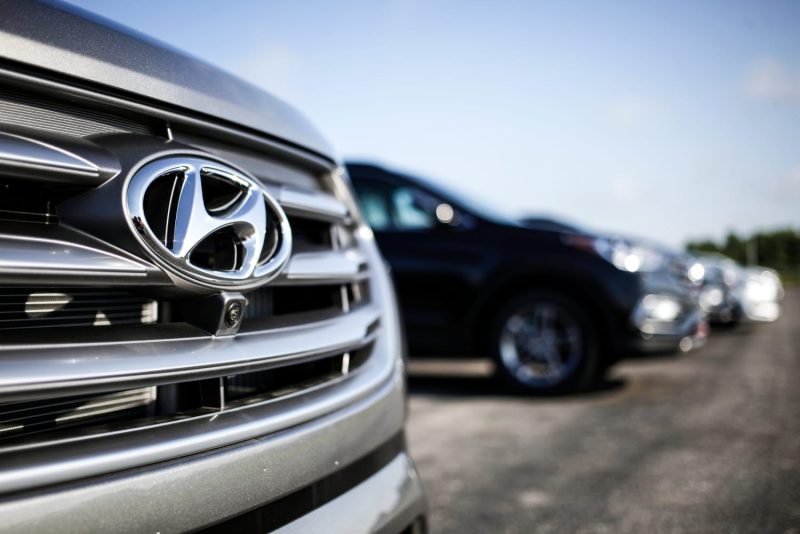In a recent development that highlights the importance of safeguarding the rights of service members, Hyundai and Kia have agreed to settle charges brought against their unit in the United States for wrongfully repossessing vehicles belonging to military personnel. This settlement not only emphasizes the need for companies to adhere to laws designed to protect service members but also sheds light on the consequences that such violations can have on individuals who dedicate their lives to serving their country.
The case, which was handled by the Consumer Financial Protection Bureau (CFPB), alleges that Hyundai Capital America and its subsidiary, Kia Motors Finance, engaged in unfair and deceptive practices by repossessing vehicles owned by service members without first obtaining the necessary court orders. This action directly violated the Servicemembers Civil Relief Act (SCRA), a federal law that offers protections to service members in various financial matters, including vehicle repossessions.
Under the terms of the settlement, Hyundai and Kia have agreed to provide $3.9 million in compensation to the affected service members and pay a $4 million civil penalty to the CFPB. Additionally, both companies have committed to implementing new policies and procedures to ensure compliance with the SCRA and prevent similar incidents from occurring in the future. These measures include conducting regular audits, providing SCRA training to employees, and establishing a dedicated compliance team to oversee SCRA-related matters.
The repercussions of unlawfully repossessing vehicles can have far-reaching consequences for service members, impacting their mobility, financial stability, and overall well-being. For military personnel, a reliable mode of transportation is crucial for fulfilling their duties and responsibilities, whether it be commuting to a base, attending training exercises, or fulfilling deployment requirements. The sudden loss of a vehicle due to wrongful repossession can disrupt these essential activities, causing undue stress and hardship for service members and their families.
Moreover, financial repercussions stemming from vehicle repossessions can compound existing challenges faced by service members, particularly those on active duty or deployed overseas. Being unexpectedly deprived of their vehicle can lead to financial strain, affecting their ability to meet other obligations such as rent, utilities, or childcare expenses. This can create a domino effect of financial difficulties that may take a toll on service members’ mental health and overall readiness to serve.
The settlement reached between Hyundai, Kia, and the CFPB serves as a reminder of the importance of upholding laws that protect service members and holding companies accountable for their actions. By taking proactive measures to prevent future violations and compensating those affected by wrongful repossessions, Hyundai and Kia have demonstrated a commitment to rectifying their past mistakes and prioritizing the well-being of service members.
Moving forward, it is incumbent upon all financial institutions and companies to familiarize themselves with the SCRA and other regulations designed to safeguard the rights of service members. By maintaining strict compliance with these laws, businesses can ensure that service members are afforded the protections they deserve and avoid the detrimental consequences associated with unlawful repossessions. As this case illustrates, the repercussions of failing to uphold these standards can have serious implications for service members and underscore the importance of vigilance and accountability in safeguarding their rights.
